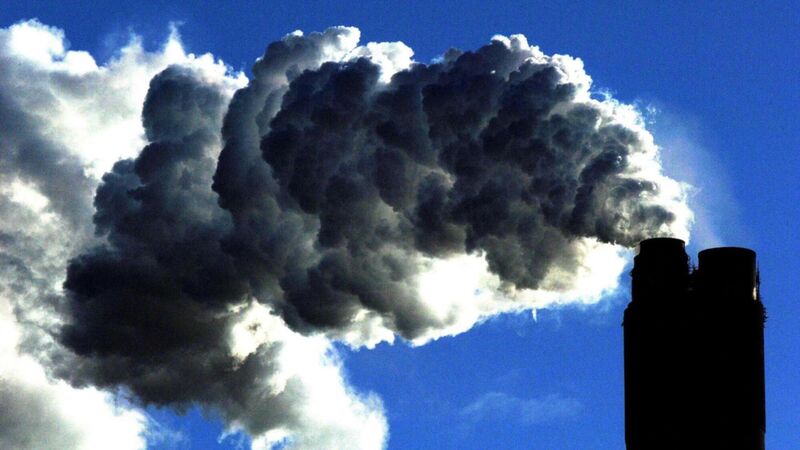Ireland had highest increase in greenhouse gases in EU

Ireland had the highest increase in greenhouse gas emissions at +17%, followed by Estonia and Malta, both at +8%. Picture: John Giles/PA
Ireland had the highest increase in greenhouse gas pollution across the EU in the third quarter of last year compared to the same period the year before.
Emissions increased in 16 of the 27 EU member states in the third quarter of 2022 compared with the same quarter of 2021 as countries recovered from the pandemic, new data released by Eurostat reveals.
CLIMATE & SUSTAINABILITY HUB













